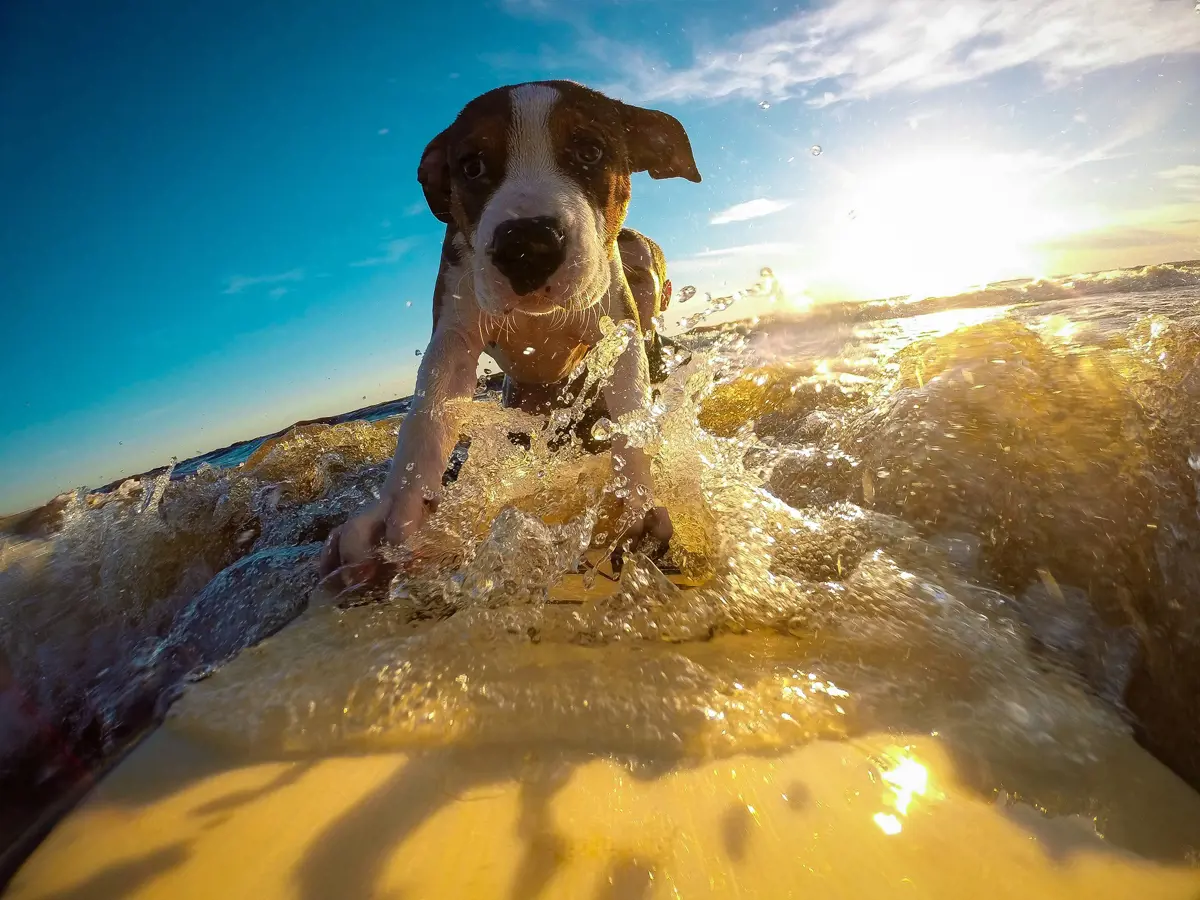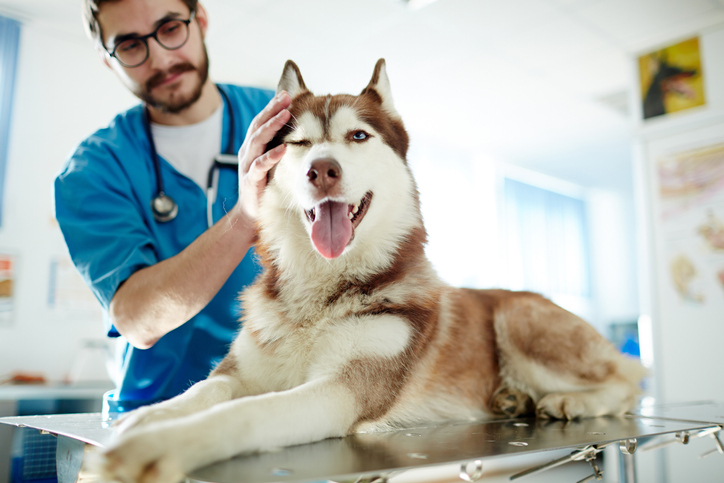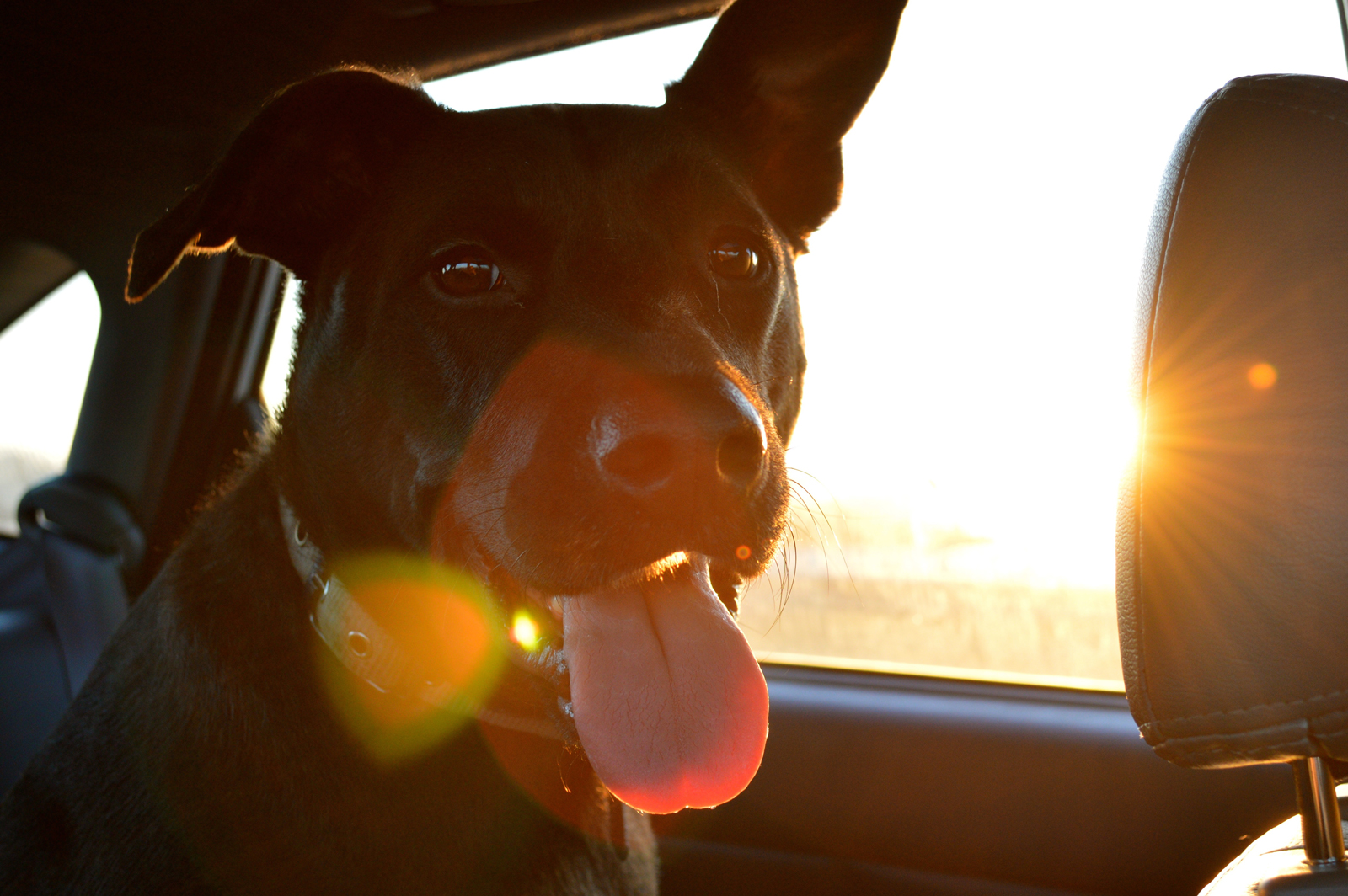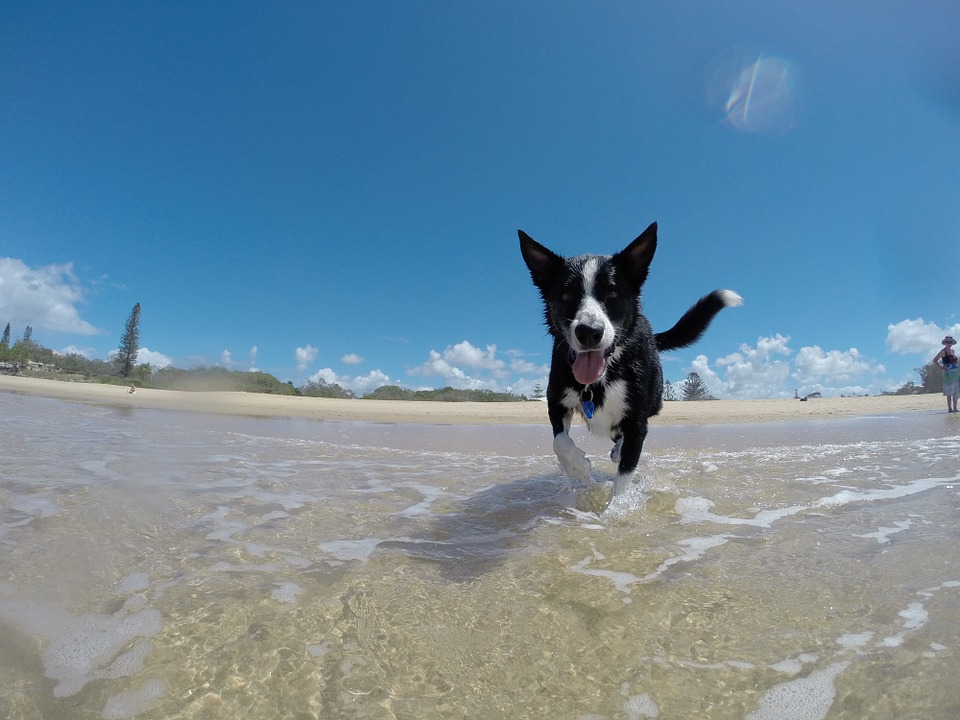How to take your pet on holiday after Brexit
26th November, 2019

Going on holiday with your four-legged friend is an incredibly special experience, but it requires plenty of preparation – especially now Brexit’s on the horizon.
Everything is up in the air at present, which is why it’s so important to check the latest updates on the government website before booking your next getaway.
Likewise, you can never rule out the risk of accidental injury or illness occurring while you’re away with your beloved pet, so reliable cover is vital.
It’s enough of a headache planning around Brexit, so if you own multiple pets, Purely Pet’s quality pet insurance will be the perfect fit for you.
We offer straightforward cover, allowing owners of more than one animal to manage all their policies in one place – unlike Brexit, it’s nice and simple!
We’re pet lovers, too, so we want to help you avoid stressful situations when travelling with your furry pals. Take a look at our guide to travelling with pets post-Brexit.
What Brexit means for pet travel

Once the UK leaves the EU we will become a ‘third country’.
At this point we’ll have the option to apply to become a listed country. If we crash out of the EU without a deal, it’s likely we will be what’s called an ‘unlisted’ country.
At the time of writing, we’re part of the EU Pet Travel Scheme, but current pet travel requirements will change after Brexit.
The new set of requirements will be determined by the category of country we fall into after our departure.
The scheme splits third country status into 3 categories:
-
Part 1 listed
-
Part 2 listed
-
Unlisted
Travelling with your pet if a no-deal Brexit occurs
Even if we leave with no deal, some pet travel requirements will remain the same. You’ll still need to get your pooch or pussycat microchipped.
You’ll also need to get them vaccinated against rabies and have a blood sample drawn a minimum of 30 days after your pet’s last rabies treatment.
Once the blood sample is drawn, you’ll have to wait 3 months before flying off into the sunset.
The blood sample must be sent to an EU-approved lab for testing and your vet must provide you with a copy of the results, inputting the date upon which the sample was taken on an animal health certificate (AHC).
If the test result is unfavourable, you’ll have to take your favourite furball for a repeat vaccination, followed by a second blood test taken a minimum of 30 days afterwards.

You’ll need to take your four-legged friend to the vet to get an AHC no later than 10 days before take-off. You’ll also have to bring proof of the following with you:
-
Your pet’s microchipping
-
A favourable rabies blood test result
-
Your canine or feline’s vaccination record
Starting from its issue date, the AHC will be valid for EU entry for a 10-day period, allowing for continued travel within the EU and re-entry into the UK for a maximum of four months after its issue date.
You will need a fresh AHC issued each time you travel to the EU. If your pet holds a UK-issued EU pet passport, this will no longer be valid for travel to EU countries.
Your pooch will also need a tapeworm treatment between one and five days before arriving in Finland, Malta and the Republic of Ireland, with full details of the treatment featuring on the AHC.
You won’t be able to jet off with your pet in tow if you haven’t adhered to these requirements.
When you reach your EU destination

Once you and your furry friend touch down in Europe, you’ll have to pass through a specific Travellers’ Points of Entry (TPE).
At this point, you may be asked to show proof of:
-
Your pet’s rabies vaccination and favourable blood test results
-
Your furry friend’s microchip
-
A valid AHC
-
Tapeworm treatment (if applicable)
If the UK becomes a listed third country post-Brexit
The requirements pet owners face if the UK becomes a listed country depend on whether we fall under Part 1 or 2 of the EU Pet Travel Regulations.
Part 1 status
If we become a Part 1 listed country, pet owners will be required to do the following:
- Obtain a new document: the UK pet passport. If your pet’s rabies vaccinations are maintained, this is valid for EU travel for the entirety of your pet’s life, or until the passport is full.
- Get your pet vaccinated and microchipped
- Ensure your pet’s rabies vaccinations are up to date, making sure they’re vaccinated a minimum of 21 days before departure.
- If applicable, make sure your pup has a tapeworm treatment
Part 2 status
If we become a Part 2 listed country, pet owners will be required to do the following:
- Get your kitty or pup microchipped and vaccinated
- Ensure your pet’s rabies vaccinations are maintained and a rabies vaccination is given a minimum of 21 days before lift-off.
- Get your pooch treated for tapeworm, if required
- Get an AHC from an approved vet
- Bring proof of microchipping, rabies vaccination and, if applicable, tapeworm treatment for display at the TPE.
Pet holidays during the transition period

If a deal is confirmed and the transition period begins, you’ll be able to take your furball on holiday to the EU following the current pet travel rules, using your pet’s current EU pet passport, issued in the UK.
If your pet’s travelling for the first time, you’ll need to visit the vet and obtain a pet passport.
Coming home
Thankfully, after Brexit you won’t face any changes to the current pet health requirements when coming home to the UK from the EU.
If your pet has an EU pet passport issued in the UK or elsewhere in the EU pre-Brexit, this will be accepted. Likewise, a valid UK-issued AHC will also be accepted, as will a UK pet health certificate.
Make sure you’re travelling via approved routes, as different rules may apply. You can learn more about this on the government website.
If you’re coming to the UK from countries affected by tapeworm, you must take your pup to a vet for a certified tapeworm treatment.
If you’re coming from Malta, Finland or the Republic of Ireland, this requirement doesn’t apply.
Protecting your pets

It’s tough to predict what will happen with Brexit, but one thing’s certain: reliable pet cover is always necessary.
In the unfortunate event your pooch or pussycat falls ill or has an accident, you want peace of mind they’re covered. If you own more than one furball, it’s well worth considering Multi-Pet Insurance.
Purely Pets are dedicated pet lovers, so you can rest assured our insurance for pets will provide your beloved four-legged friends with dependable cover.
Brexit’s stressful enough, so spare yourself one extra headache and get a quote today.
Helpful Pages
Recent Posts
Pet Insurance Quote
- 98% claims paid *
- Claims paid directly to vets
- 24/7 vet video consultations
- Interest free monthly payments




